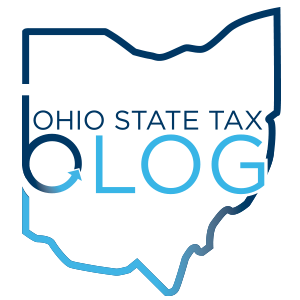Employee Retention Credit on the Chopping Block as Congress Mulls Tax and Spending Bills
The Tax Relief for American Families and Workers Act of 2024 (H.R. 7024) would terminate the employee retention credit (ERC) for claims filed after January 31, 2024. Initially authorized by the CARES Act to incentivize businesses to retain their employees, the ERC provided substantial cash refunds to businesses negatively affected by government COVID-19 orders. But the IRS received so many improper and fraudulent ERC claims that it took the unusual step of issuing a moratorium on processing new ERC claims and implemented withdrawal and voluntary disclosure programs for taxpayers to rescind improper claims without penalty. Now, Congress is considering an abrupt end to the ERC to fund other priorities such as expanding the child tax credit and increasing low income housing credits.
Although the deadline for passing this and other spending bills has been extended until March, it is possible the January 31 deadline would be enforced retroactively even if enacted after the deadline. Therefore, businesses looking to claim the ERC should act quickly with their tax professionals to file amended returns before the January 31st deadline. If taxpayers later discover they made errors on expeditiously filed returns, there are several ways to correct ERC claims.
The IRS offers two amnesty programs for taxpayers who claim the ERC but realize that they were ineligible:
- ERC Withdrawal Program – Taxpayers who filed amended returns claiming the ERC but have not received a refund (or have not deposited their refunds) have the option to withdraw the entire amount of ERC and treat the returns as if they were never filed.
- ERC Voluntary Disclosure Program – For taxpayers who received and deposited their refunds but discover they were ineligible, taxpayers may file an application to voluntarily disclose the erroneously claim. Taxpayers would be required to pay back 80% of the ERC received without interest or penalties. The application is available until March 22, 2024.
These programs are not available to taxpayers under audit or who made adjustments unrelated to the ERC on their employment tax returns. Taxpayers who don’t qualify for these programs but still need to correct their ERC claims can simply file amended returns.
Taxpayers interested in claiming the ERC should contact us immediately to prepare and file the necessary returns by the January 31 deadline. If you have any questions regarding claiming or correcting your ERC claims, please contact us.
Attorney Steven A. Dimengo is Managing Partner of Buckingham, Doolittle & Burroughs, LLC. He helps clients with complicated tax challenges including Ohio sales/use, income, commercial activity and federal taxes and has represented clients before the Ohio Supreme Court. Steve can be reached at [email protected] or 330.258.6460.
Richard B. Fry III is a partner and Buckingham’s Taxation Practice Group Chair. He focuses on state and local tax compliance and controversies, including Ohio and multistate sales/use tax, commercial activity tax, and personal income tax issues. Rich can be reached at [email protected] or 330.258.6423
Nathan M. Fulmer is an associate in Buckingham’s Taxation Practice Group. He represents clients on a broad range of tax planning and controversy matters. His joint degree in taxation allows him to provide unique solutions when assisting clients on business matters. Nate can be reached at [email protected] or 330.258.6464.
